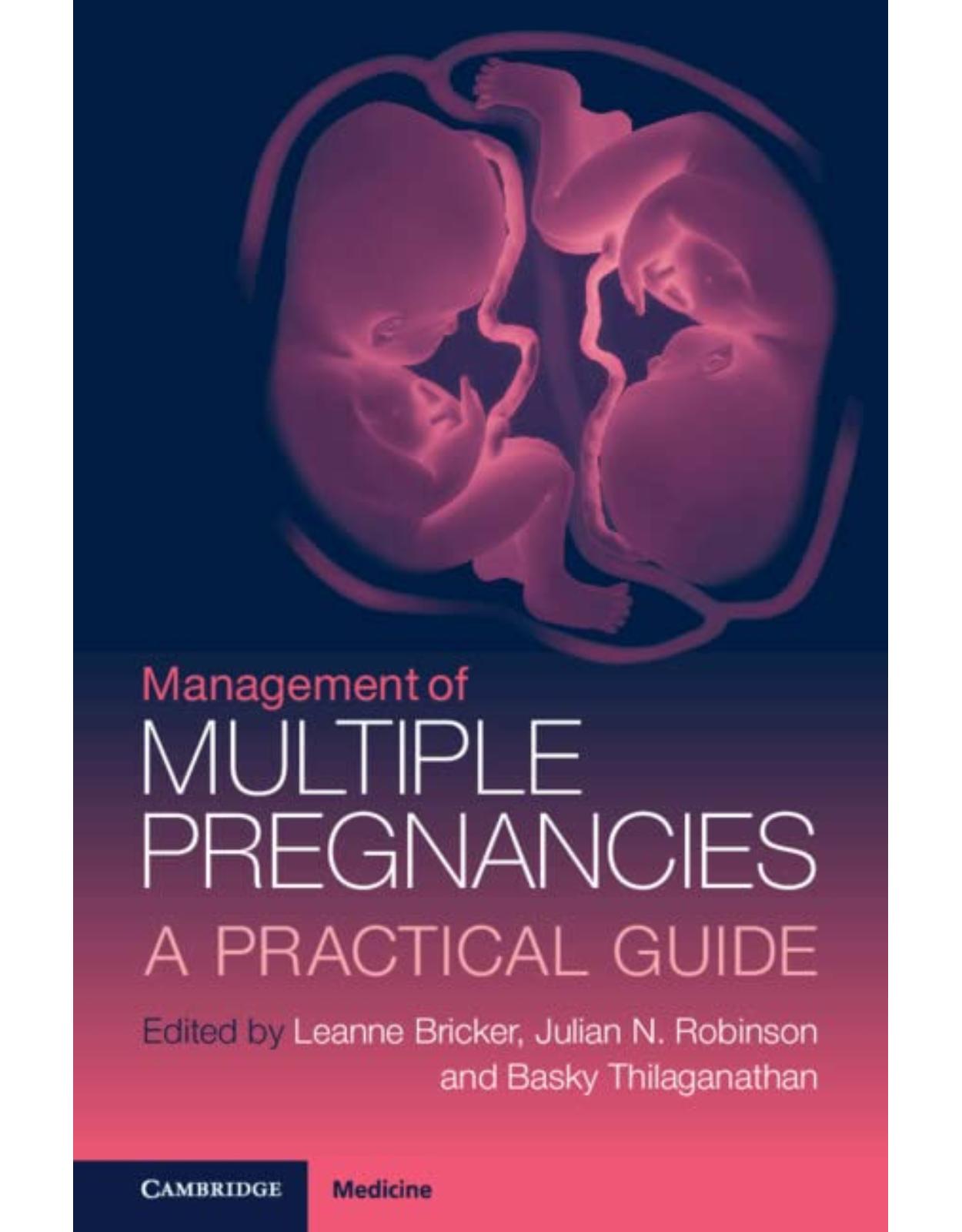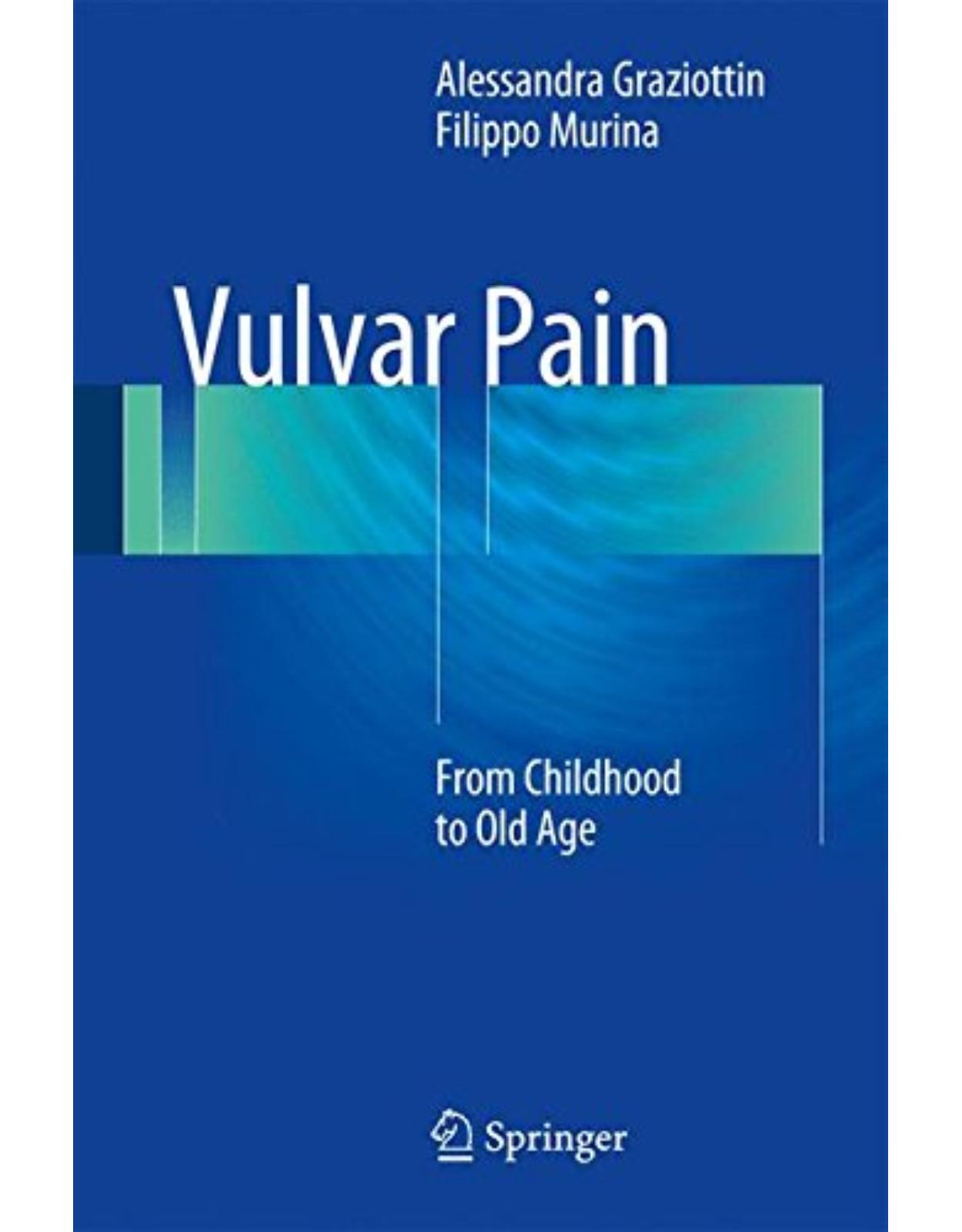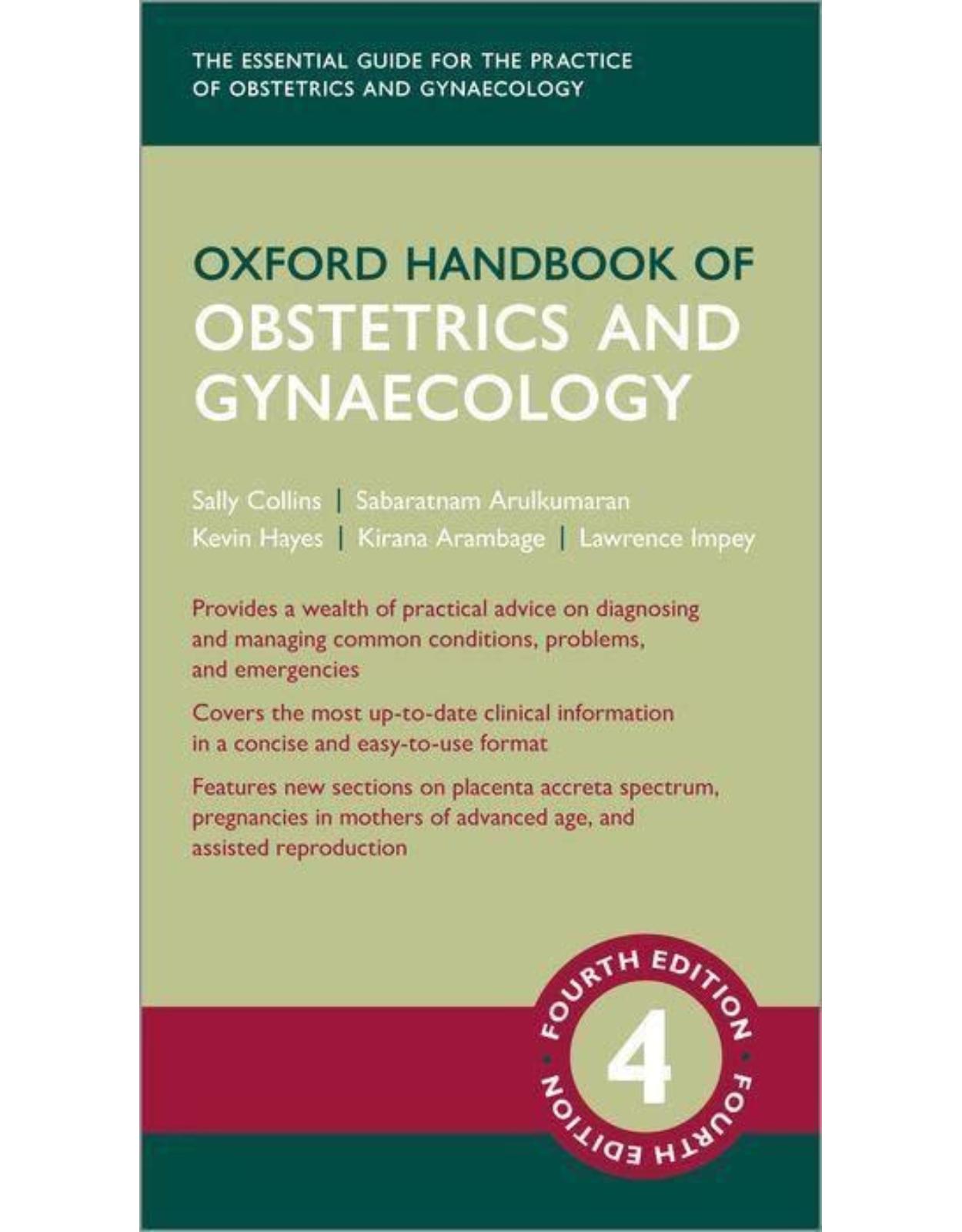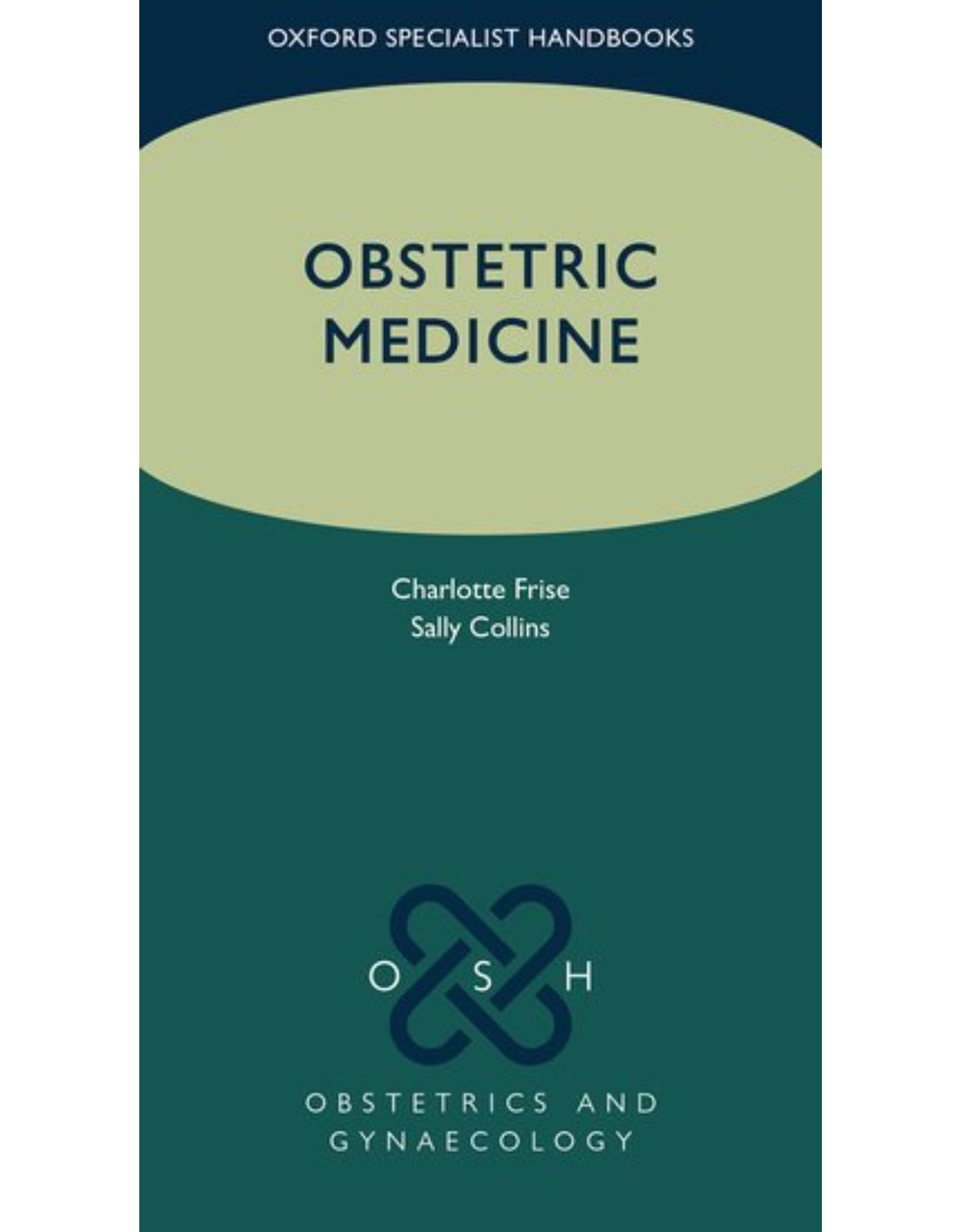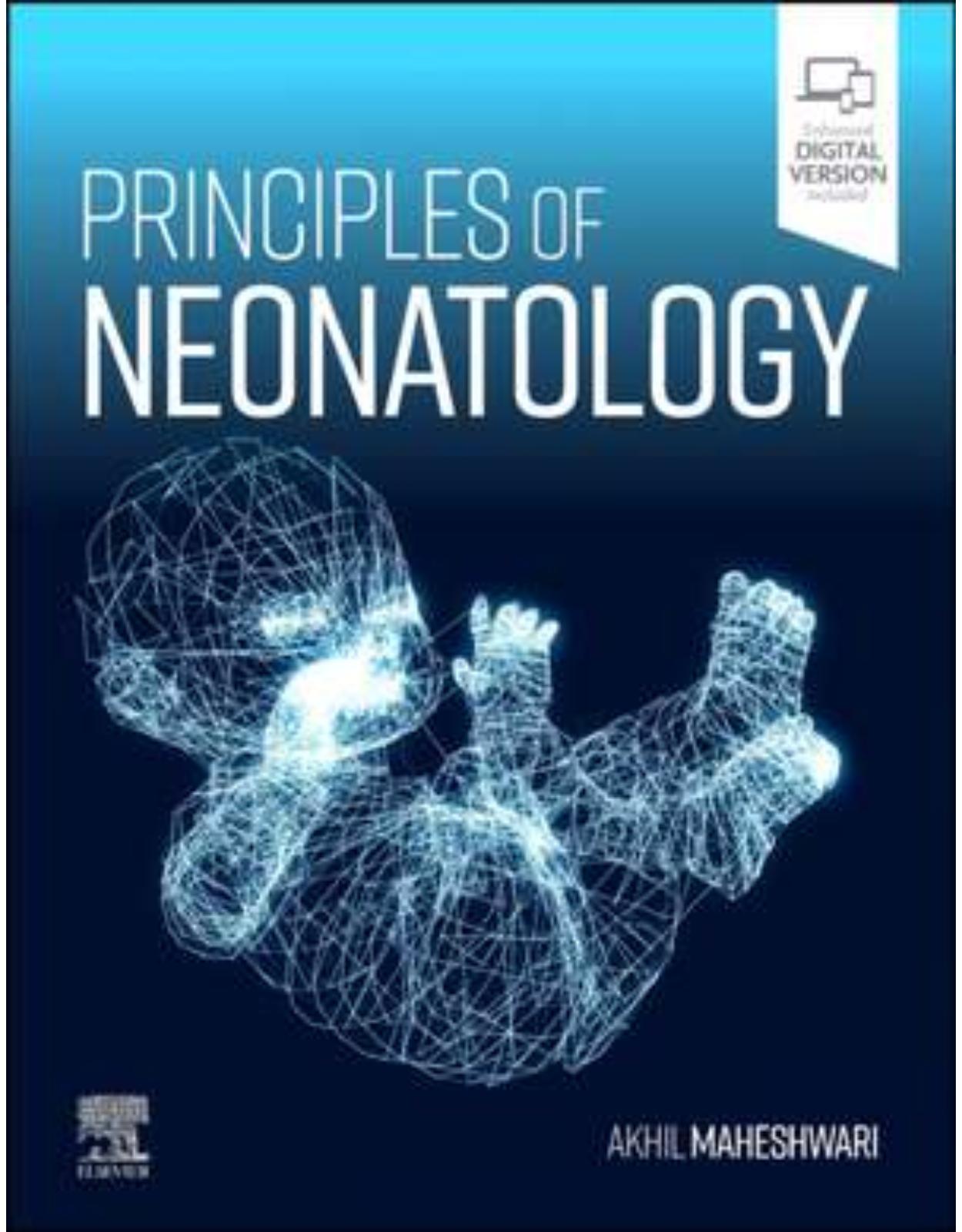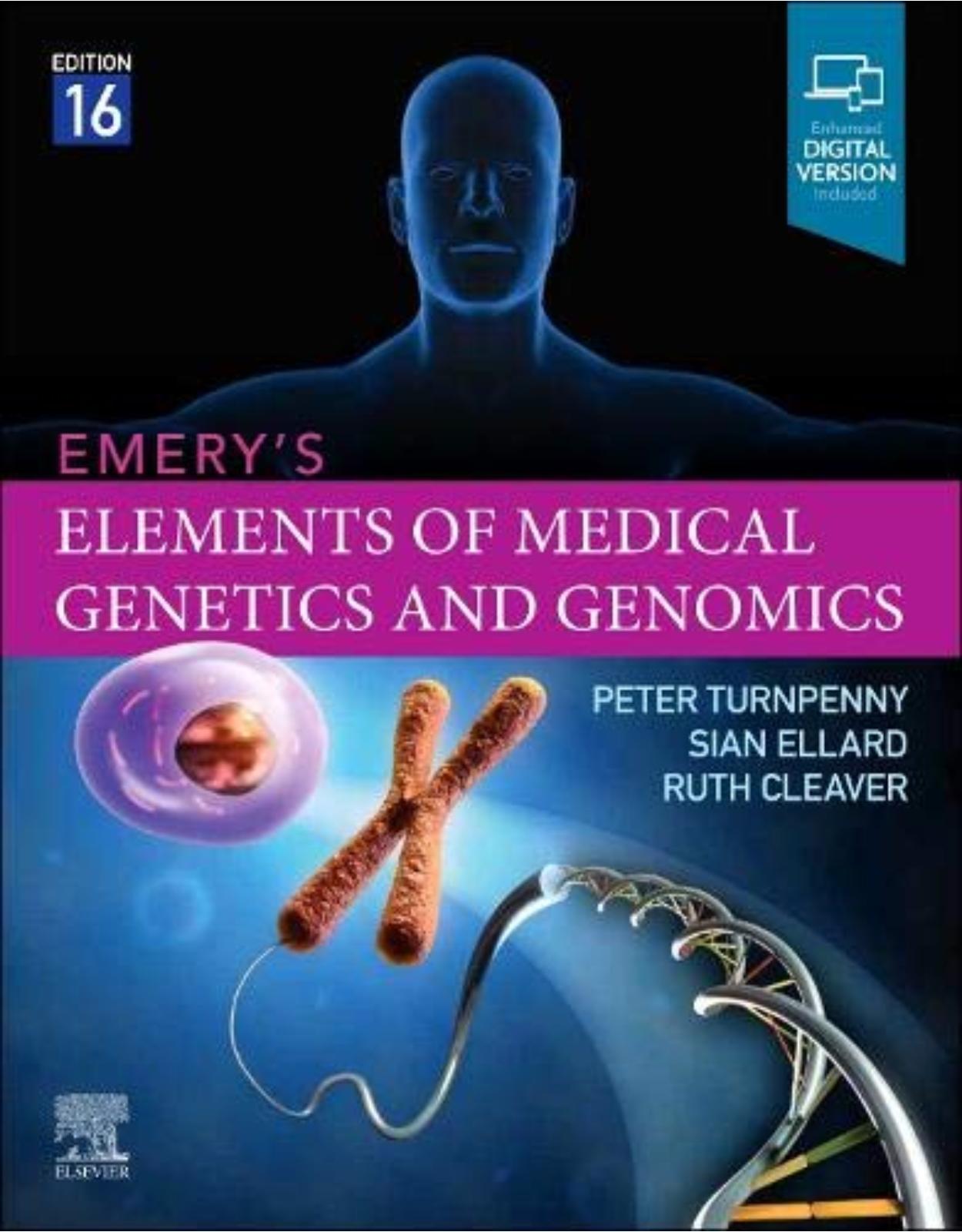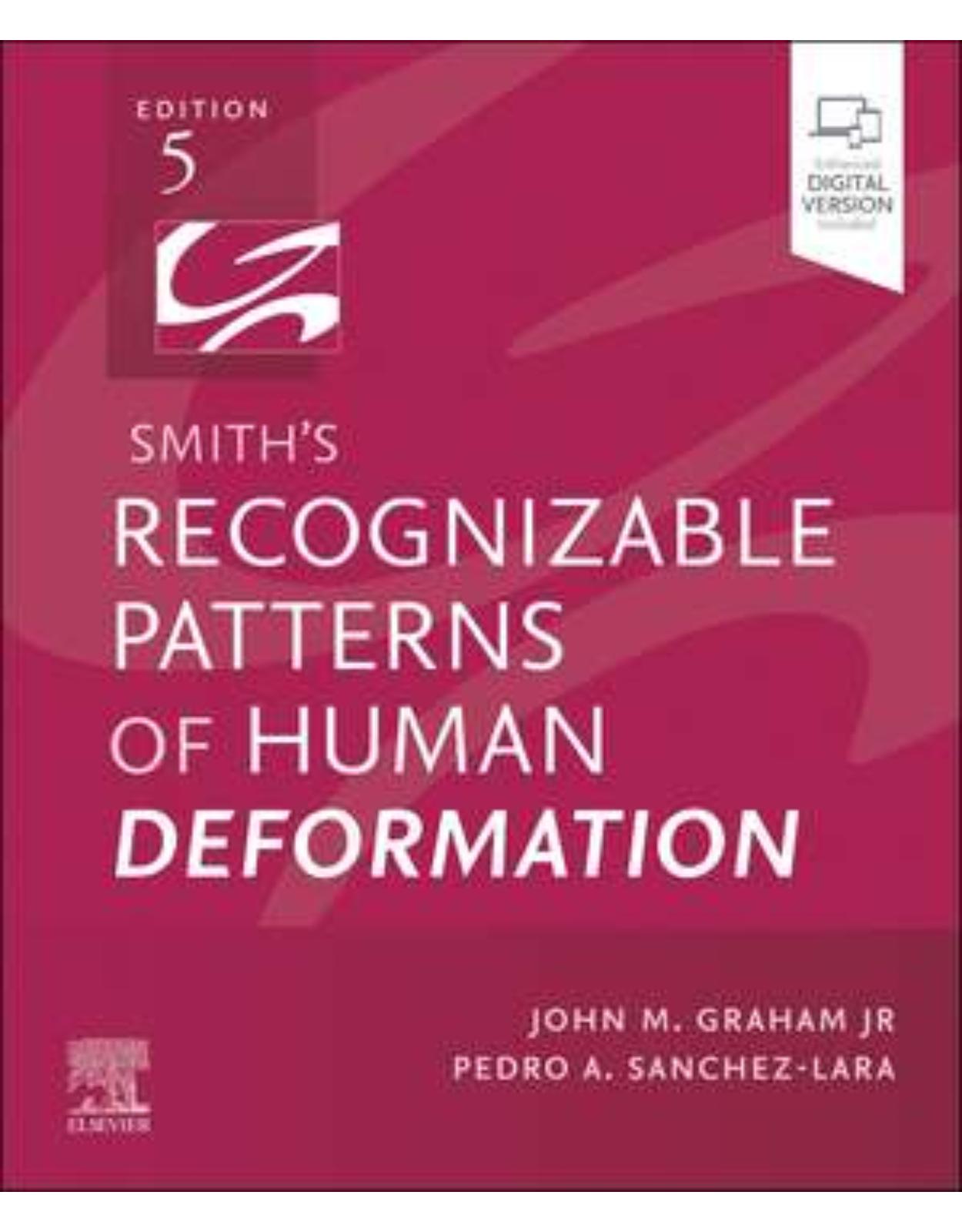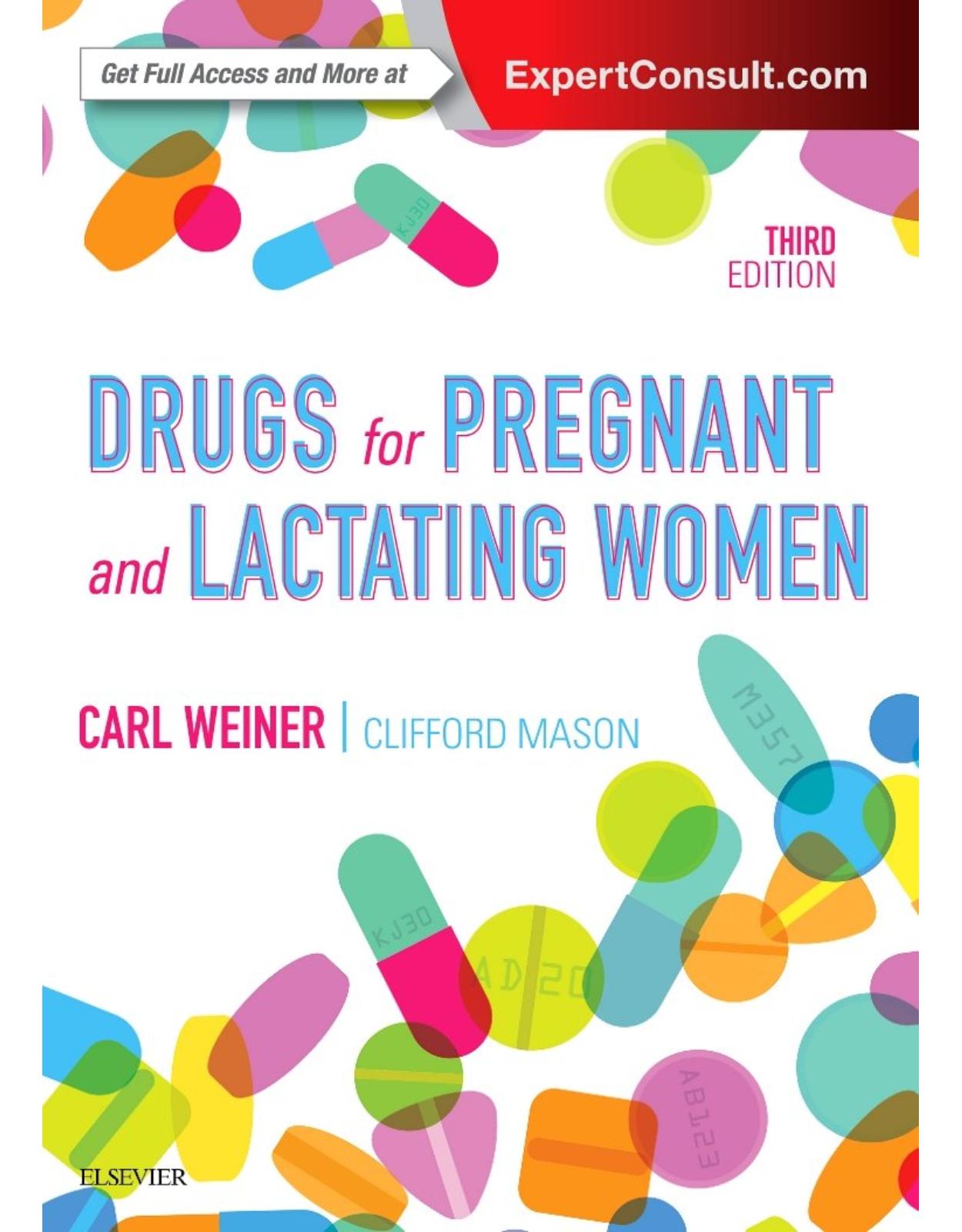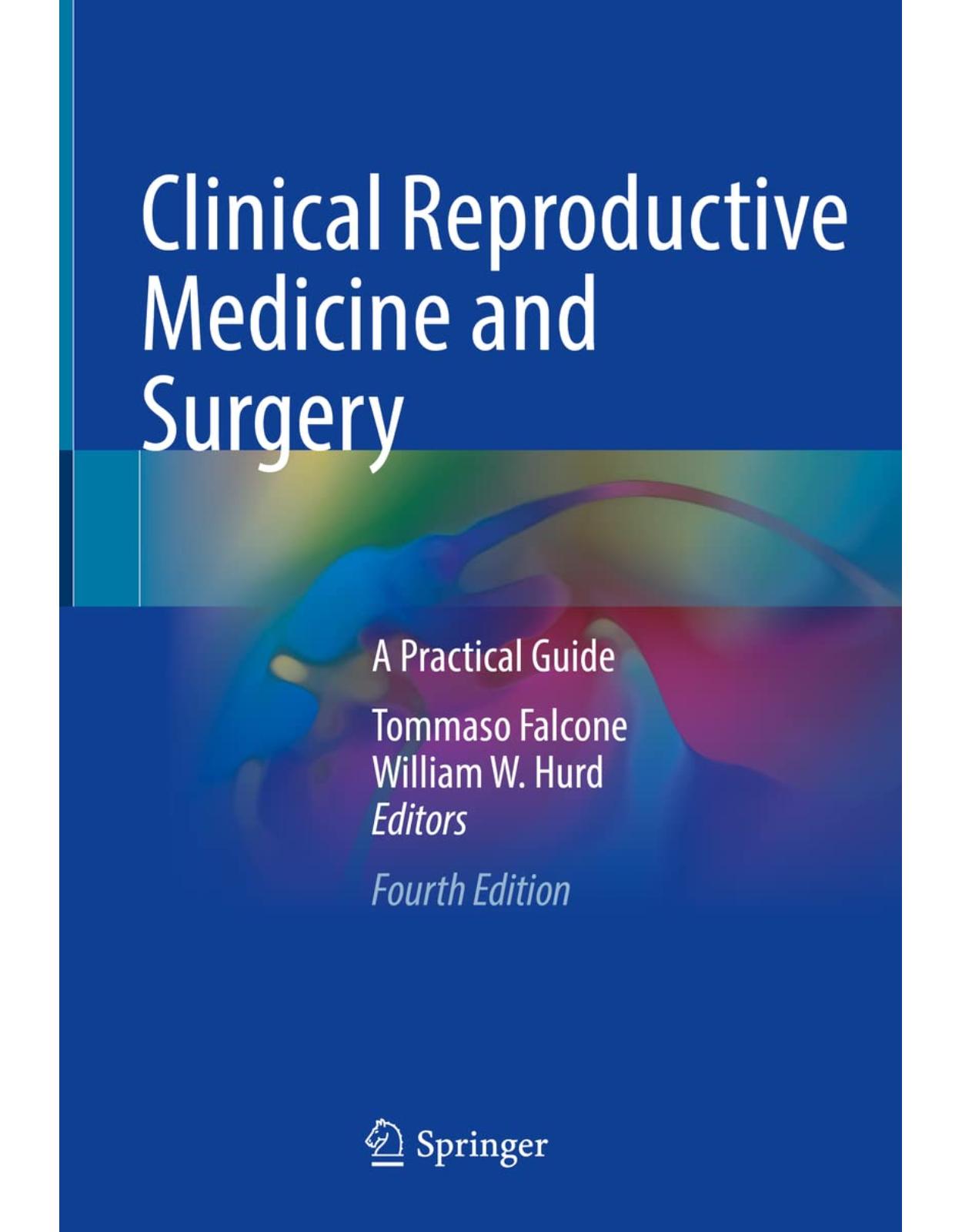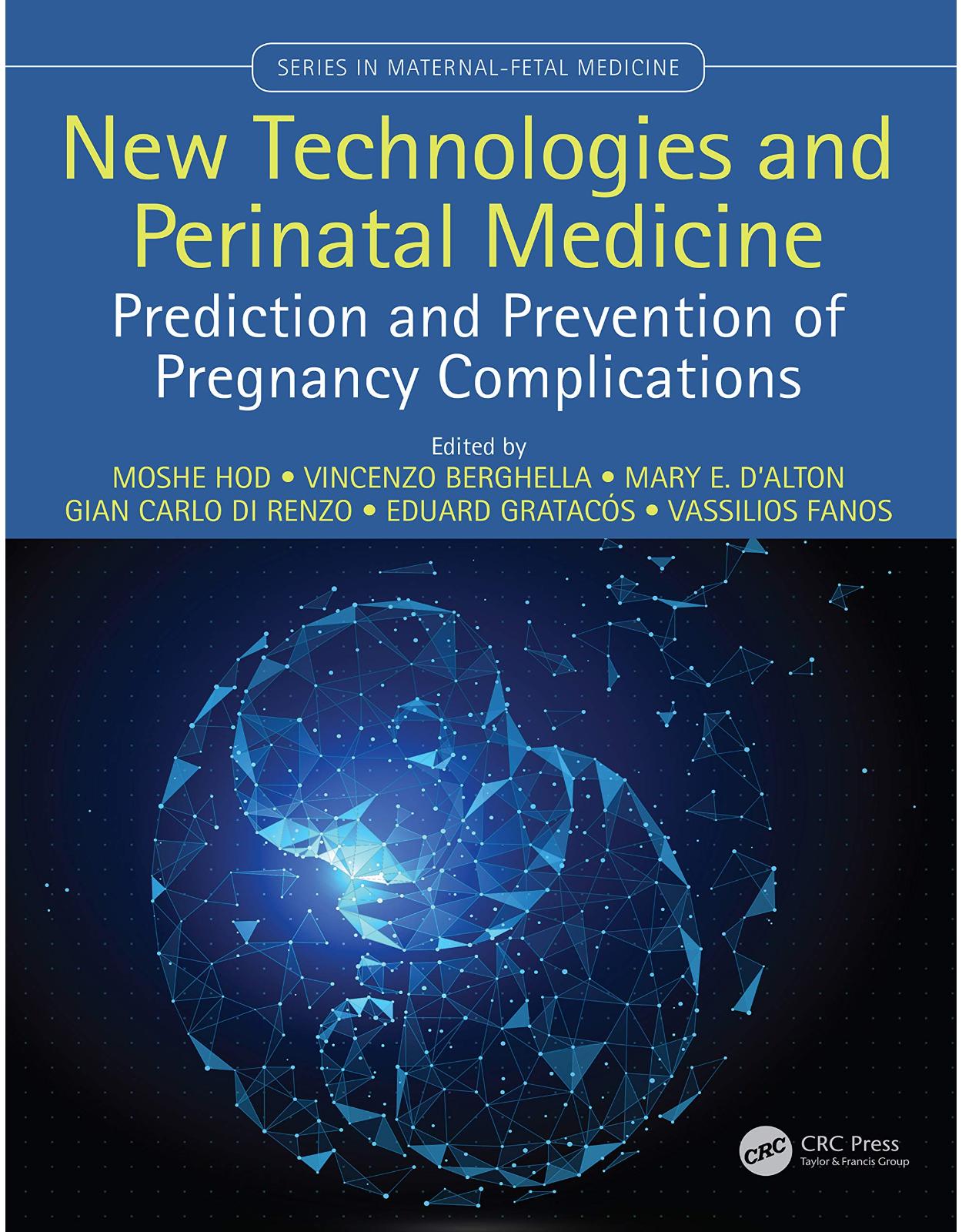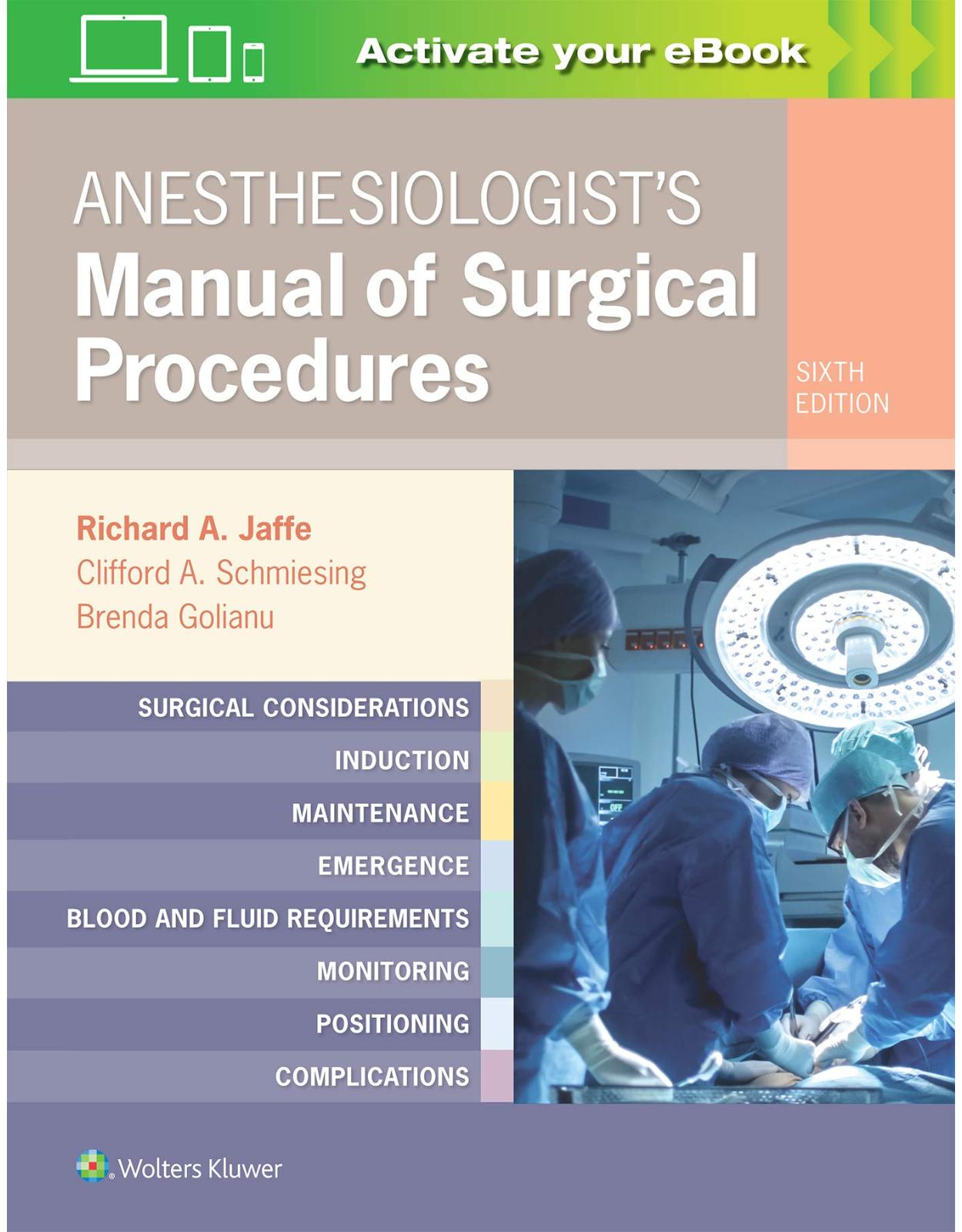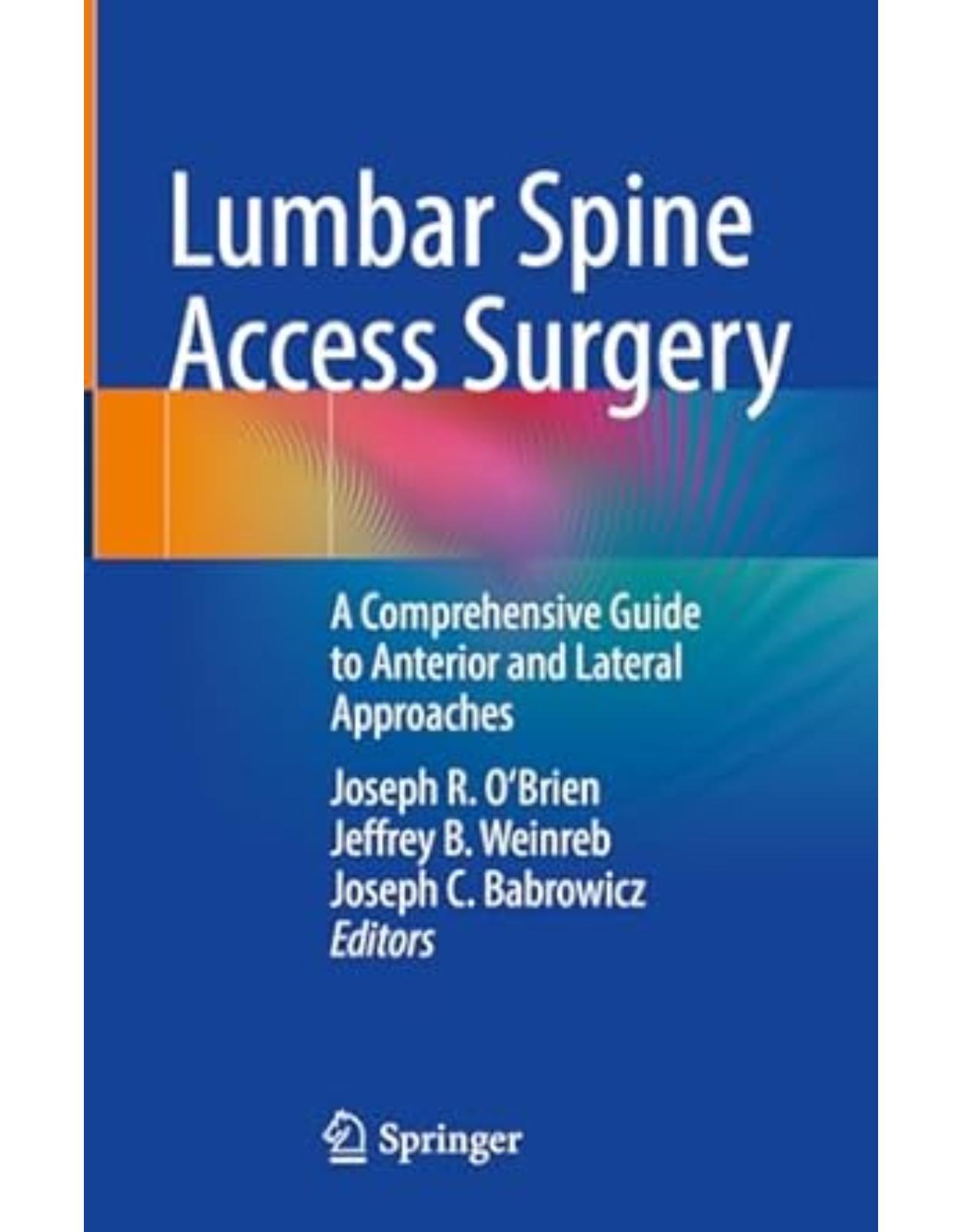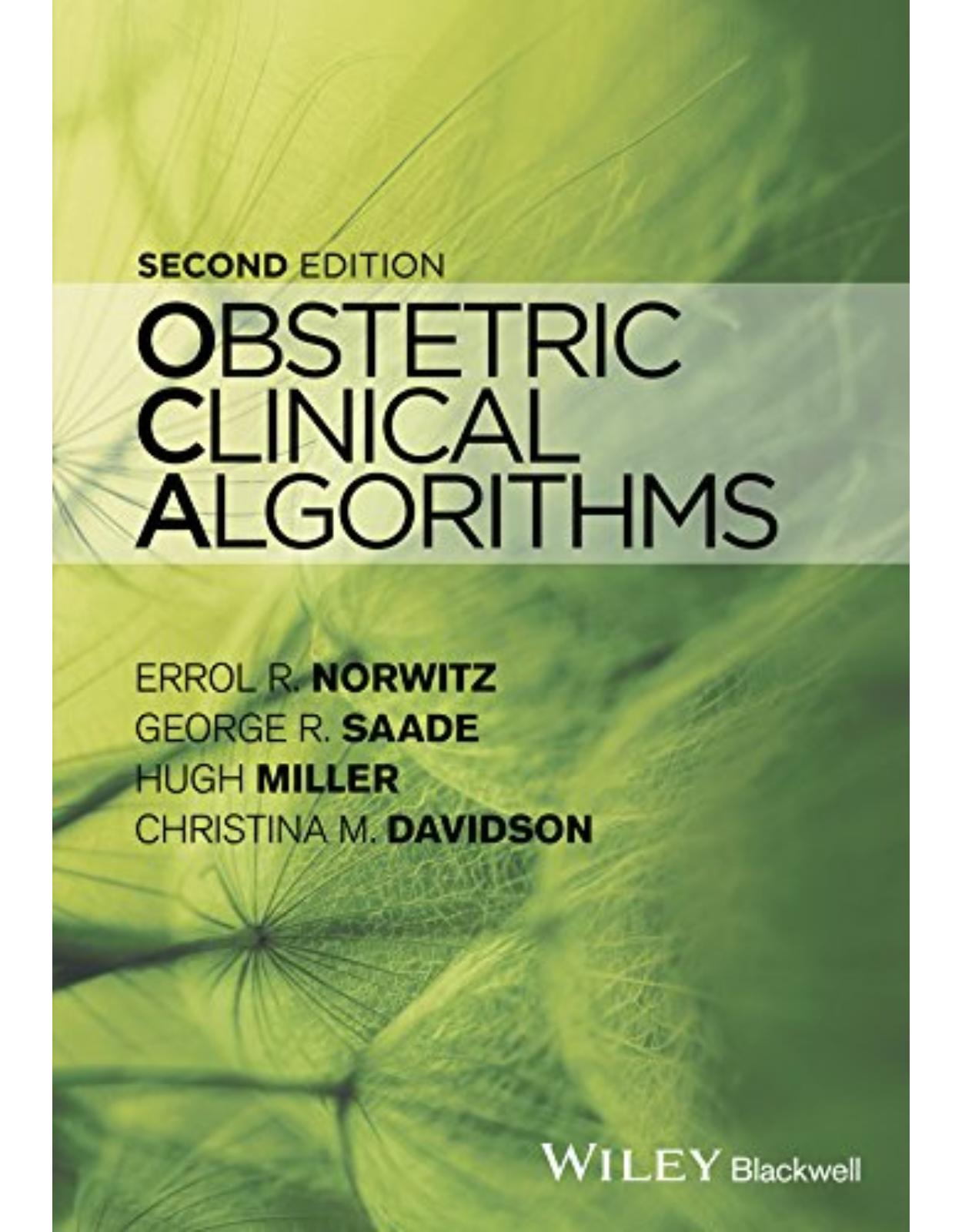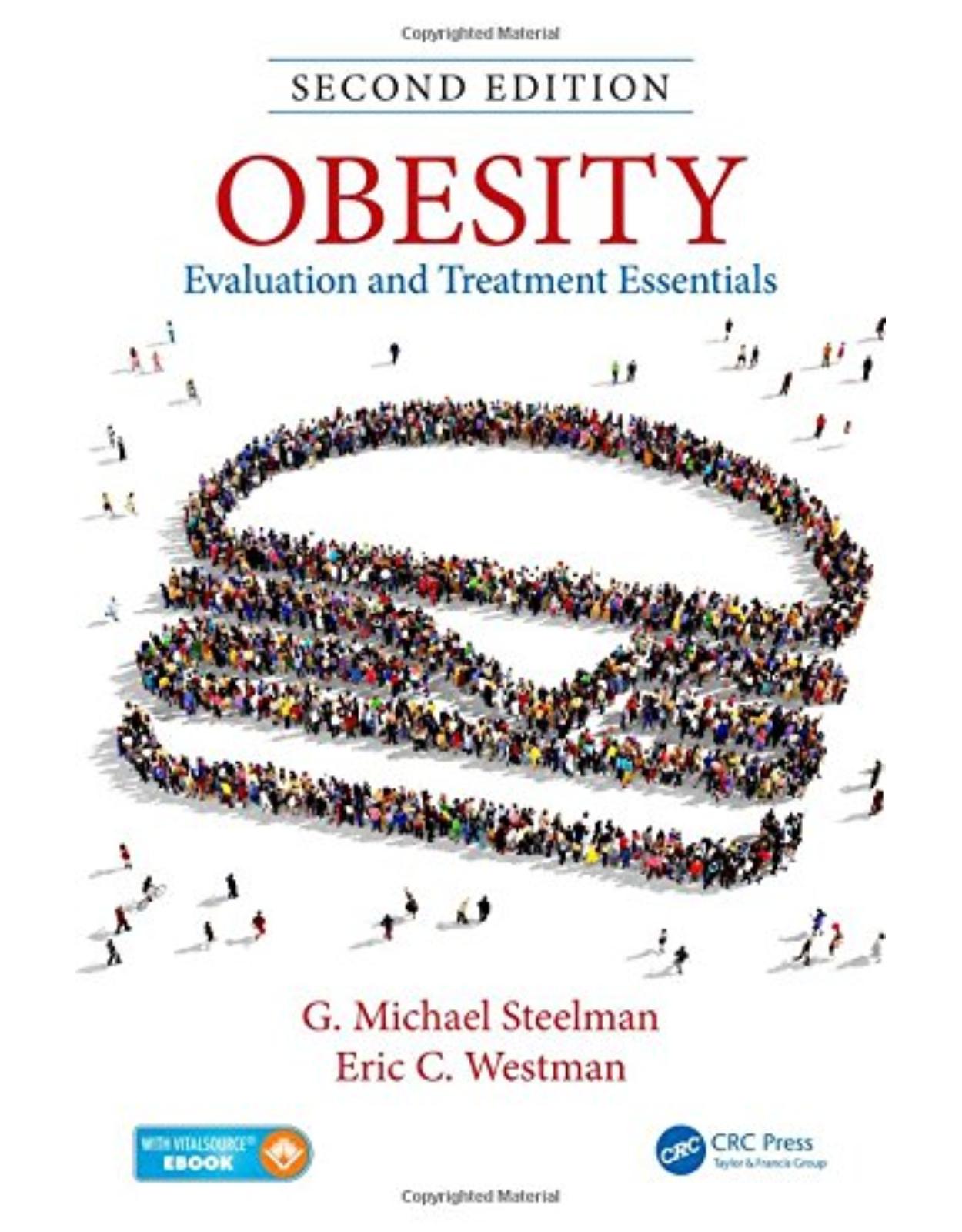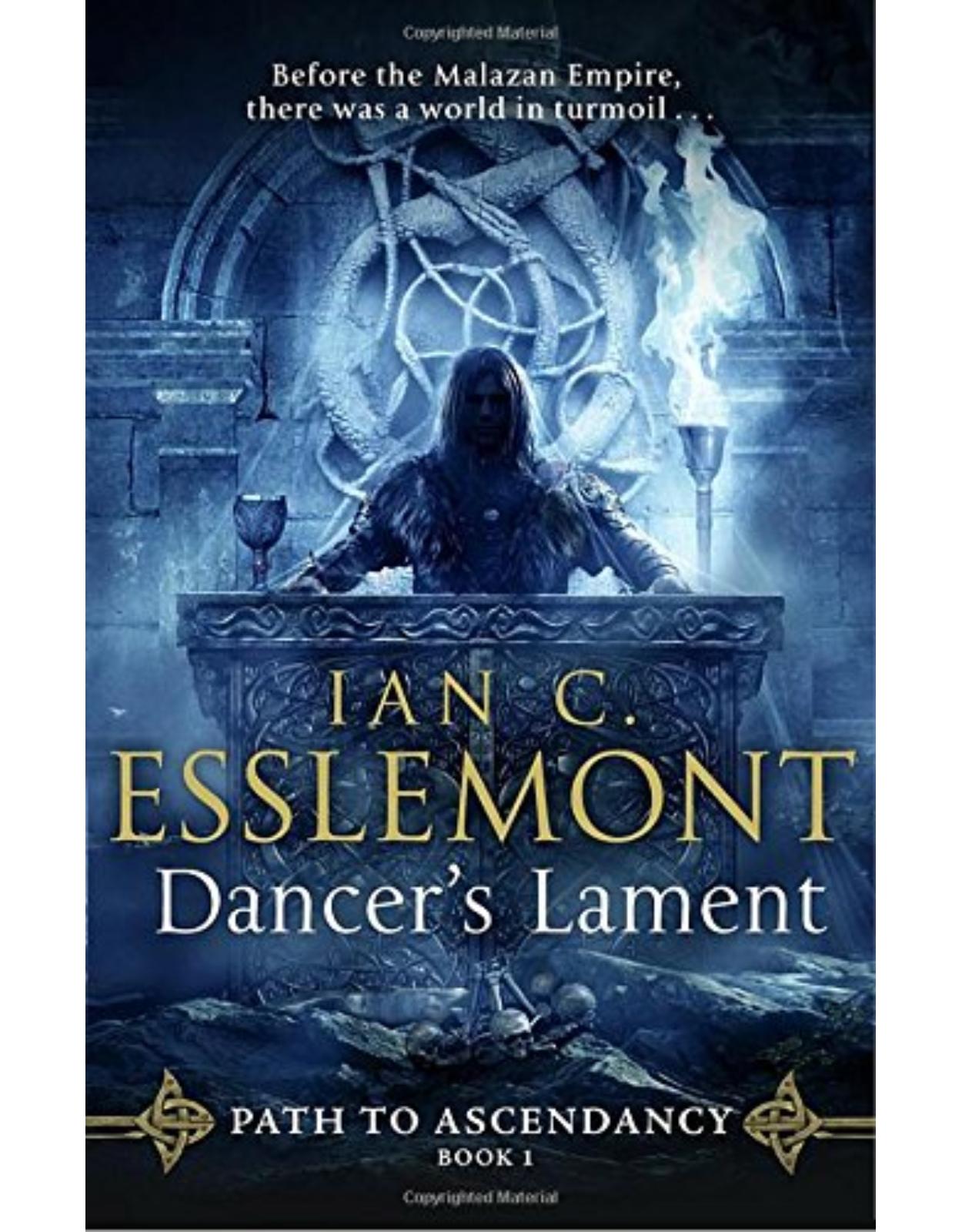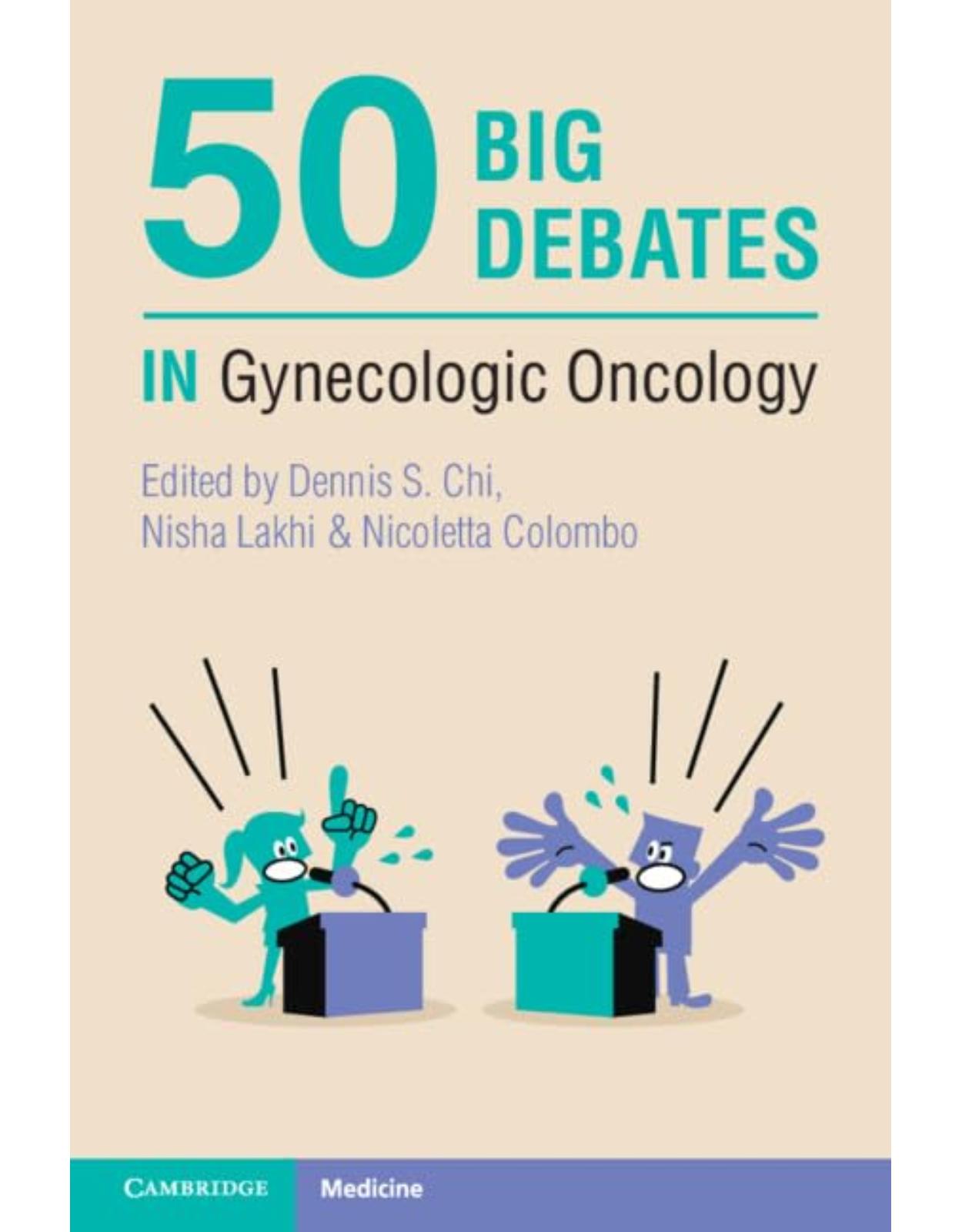
50 Big Debates in Gynecologic Oncology
Livrare gratis la comenzi peste 500 RON. Pentru celelalte comenzi livrarea este 20 RON.
Disponibilitate: La comanda in aproximativ 4 saptamani
Autor: Dennis S. Chi
Editura: Cambridge University Press
Limba: Engleza
Nr. pagini: 346
Coperta: Paperback
Dimensiuni: 15.6 x 1.98 x 23.39 cm
An aparitie: 03 Aug 2023
Description:
Highlighting over 50 hot topics where controversy exist in management of patients with gynecologic malignancy, this book presents expertly argued opinions for and against, incorporating current evidence and clinical trials outcomes. A diverse range of topics are included that pertain to several disciplines in gynecologic oncology, including surgical management of disease, medical oncology, immunotherapy, radiation therapy, as well as screening, preventive and palliative care. This book will be relevant to a diverse audience of practitioners and trainees including gynecologists, gynecological oncologists, surgeons, medical oncologists, radiation oncologists, and general medics. It will be a useful guide for practicing clinicians managing their patients, as well as a concise textbook for trainees and students preparing for examinations and board certifications in gynecologic oncology. Readers will gain an insight into topical controversies, critically evaluating the different sides to enhance their own clinical practice.
Table of Contents:
Section I: Perioperative Management
1A. Should Routine Mechanical Bowel Preparation be Performed before Primary Debulking Surgery?: Yes
1B. Should Routine Mechanical Bowel Preparation be Performed before Primary Debulking Surgery?: No
2A. Should Preoperative Carbohydrate Loading be Routine prior to Debulking Surgery?: Yes
2B. Should Preoperative Carbohydrate Loading be Routine prior to Debulking Surgery?: No
Section II: Screening, Prevention, and Early Diagnosis
3A. Should Women with BRCA Mutations be Offered Bilateral Salpingectomy with Delayed Oophorectomy fo
Chapter 3B. Should Women with BRCA Mutations be Offered Bilateral Salpingectomy with Delayed Oophore
4A. Can High-risk HPV Testing be Used Alone as the Primary Screening Modality for Cervical Cancer?:
4B. Can High-risk HPV Testing be Used Alone as the Primary Screening Modality for Cervical Cancer?:
Section III: Ovarian Cancer
5A. Should CA-125 Surveillance be Performed after Completion of Primary Treatment for Ovarian Cancer
5B. Should CA-125 Surveillance be Performed after Completion of Primary Treatment for Ovarian Cancer
6A. In Patients with BRCA-negative and HRD-negative Epithelial Ovarian Cancer, Should Molecular Prof
6B. In Patients with BRCA-negative and HRD-negative Epithelial Ovarian Cancer, Should Molecular Prof
7A. Is MEK Inhibitor Therapy the Best Treatment Recommendation for Low-Grade Serous Ovarian Cancer P
7B. Is MEK Inhibitor Therapy the Best Treatment Recommendation for Low-Grade Serous Ovarian Cancer P
8A. Should Stage IC Mucinous Ovarian Carcinoma be Managed by Observation or Adjuvant Chemotherapy?:
8B. Should Stage IC Mucinous Ovarian Carcinoma be Managed by Observation or Adjuvant Chemotherapy?:
9A. How Many Cycles of Adjuvant Chemotherapy Should be Administered to Patients with High-risk Stage
9B. How Many Cycles of Adjuvant Chemotherapy Should be Administered to Patients with High-risk Stage
10A. Patients with Advanced Ovarian Cancer who are 75 Years Old and Above Should Routinely be Treate
10B. Patients with Advanced Ovarian Cancer who are 75 Years Old and Above Should Routinely be Treate
11A. Should an Attempt at Aggressive Cytoreduction be Made for all Surgical Candidates with Advanced
11B. Should an Attempt at Aggressive Cytoreduction be Made for all Surgical Candidates with Advanced
12A. Should Minimally Invasive Modalities be Routinely/Uniformly Utilized for Assessment of Resectab
12B. Should Laparoscopic Modalities be Routinely Utilized for Assessment of Resectability prior to A
13A. Should Enlarged Supradiaphragmatic Lymph Nodes be Routinely Removed during Debulking Surgery Pr
13B. Should Enlarged Supradiaphragmatic Lymph Nodes be Routinely Removed during Debulking Surgery Pr
14A. Is there a Role for Hyperthermic Intraperitoneal Chemotherapy in Front-line Therapy for Ovarian
14B. Is there a Role for Hyperthermic Intraperitoneal Chemotherapy in Front-line Therapy for Ovarian
15A. Is there a Role for Intraperitoneal Chemotherapy after Optimal Cytoreduction of Ovarian Cancer?
15B. Is there a Role for Intraperitoneal Chemotherapy after Optimal Cytoreduction of Ovarian Cancer?
16A. What is the Best Front-line Maintenance Therapy for HRD-positive Ovarian Cancer?: Single-agent
16B. What is the Best Front-line Maintenance Therapy for HRD-positive Ovarian Cancer?: Bevacizumab p
17A. When is the Best Time to Use PARP Inhibitors for Maintenance?: Front-line
17B. When is the Best Time to Use PARP Inhibitors for Maintenance?: First Recurrence
18A. What is the best front-line maintenance therapy for optimally debulked HRD-negative advanced ep
18B. What is the best front-line maintenance therapy for optimally debulked HRD-negative advanced ep
19A. What is the Optimal Therapeutic Option for Platinum-resistant Recurrent Ovarian Cancer: Single-
19B. What is the Optimal Therapeutic Option for Platinum-resistant Recurrent Ovarian Cancer?: Other
20A. Should Patients with Platinum-sensitive Recurrent Ovarian Cancer Undergo Secondary Cytoreductio
20B. Should All Patients with Platinum-sensitive Recurrent Ovarian Cancer be Considered for Secondar
21A. Should Tertiary Debulking for Patients with Recurrent Ovarian Cancer be Performed?: Yes
21B. Should Tertiary Debulking be Performed for Patients with Recurrent Ovarian Cancer?: No
22A. Is there a Role for Immunotherapy in Ovarian Cancer?: Yes
22B. Is there a Role for Immunotherapy in Ovarian Cancer?: Not Yet
23A. What is the Best Management Option for Malignant Bowel Obstruction?: Surgery
23B. What is the Best Management Option for Malignant Bowel Obstruction?: Percutaneous Endoscopic Ga
24A. What is the Optimal Chemotherapy Regimen for Ovarian Germ-cell Tumors?: Bleomycin, Etoposide, a
24B. What is the Optimal Chemotherapy Regimen for Ovarian Germ-cell Tumors?: Other
25A. What is the Optimal Adjuvant Chemotherapy Regimen for Primary Granulosa Cell Tumor?: Bleomycin,
25B. What is the Optimal Adjuvant Chemotherapy Regimen for Primary Granulosa Cell Tumor?: Carboplati
26A. What is the Best Management Strategy for a Recurrent Granulosa Cell Tumor?: Surgery
26B. What is the Best Management Strategy for Recurrent Granulosa Cell Tumor?: Chemotherapy
27A. Is progression-free survival a rational surrogate endpoint in front-line ovarian cancer clinica
27B. Is progression-free survival a rational surrogate endpoint in front-line ovarian cancer clinica
Section IV: Endometrial Cancer
28A. Fertility-sparing Surgery in Early-stage Endometrial Cancer is Safe and Does not Compromise Onc
28B. Fertility-sparing Treatment for Early-stage Endometrial Cancer is Safe and Does Not Compromise
29A. Sentinel Lymph Node Mapping Should be the Standard for Staging Patients with High-grade Endomet
29B. Sentinel Lymph Node Mapping Should be the Standard for Staging Patients with High-grade Endomet
30A. Molecular Profiling Should be Done to Guide the Management of Endometrial Cancer?: Yes
30B. Molecular Profiling Should be Done to Guide the Management of Endometrial Cancer?: No
31A. What is the Best Adjuvant Therapy for Management of Stage III Endometrial Cancer?: Chemotherapy
31B. What is the Best Adjuvant Therapy for Management of Stage III Endometrial Cancer?: Combined Che
32A. How Should Stage IA Serous Papillary Endometrial Cancer Confined to a Polyp or the Endometrial
32B. How Should Stage IA Serous Papillary Endometrial Cancer Confined to a Polyp or the Endometrial
33A. What is the Optimal Sequence of Therapy for Patients with Stage IIIC Endometrial Carcinoma Trea
33B. What is the Optimal Sequence of Therapy for Patients with Stage IIIC Endometrial Carcinoma Trea
34A. Should an Attempt at Debulking Grossly Metastatic Endometrial Cancer be Undertaken?: Yes
34B. Should an Attempt at Debulking Grossly Metastatic Endometrial Cancer be Undertaken?: No
35A. Should Secondary Cytoreduction be Performed for Recurrent Endometrial Cancer?: Sometimes
35B. Should Secondary Cytoreduction be Performed for Recurrent Endometrial Cancer?: Never
36A. Is Hormonal Therapy the Best Therapy for Chemo-resistant Endometrial Cancer?: Yes
36B. Is Hormonal Therapy the Best Therapy for Chemo-resistant Endometrial Cancer?: No
37A. Is there a Role for Using Immunotherapy in Endometrial Cancer?: Yes
37B. Is there a Role for Using Immunotherapy in Endometrial Cancer?: No
38A. What is the Best Chemotherapy Regimen for Uterine Carcinosarcoma?: Carboplatin/Paclitaxel
38B. What is the Best Chemotherapy Regimen for Uterine Carcinosarcoma?: The Case for “Other” Reg
39A. What is the Best Management for Premenopausal Women with Early-stage Uterine Leiomyosarcoma Sta
39B. What is the Best Management for Premenopausal Women with Early-stage Uterine Leiomyosarcoma Sta
40A. Should Primary Debulking Surgery be Performed for Metastatic Leiomyosarcoma?: Yes
40B. Should Primary Debulking Surgery be Performed for Metastatic Leiomyosarcoma?: No
41A. Should Secondary Cytoreductive Surgery be Offered to all Patients that are Surgical Candidates
41B. Should Secondary Cytoreductive Surgery be Offered to all Patients that are Surgical Candidates
Section V: Cervical Cancer
42A. Is there a Role for Minimally Invasive Radical Hysterectomy for Management of Cervical Cancer?:
42B. Is there a Role for Minimally Invasive Radical Hysterectomy for Management of Cervical Cancer?:
43A. Is Radical Surgery or Parametrectomy Needed for Early-stage FIGO IA2 and Microscopic IB1 Cervic
43B. Is Radical Surgery or Parametrectomy Needed for Early-stage FIGO IA2 and Microscopic IB1 Cervic
44A. What is the Best Management Option for Young Women with Stage IB2 Cervical Cancer Who Wish to P
44B. What is the Best Management Option for Young Women with Stage IB2 Cervical Cancer Who Wish to P
45A. Should Adjuvant Hysterectomy be Performed for Patients with Locally Advanced Cervical Cancer Tr
45B. Should Adjuvant Hysterectomy be Performed for Patients with Locally Advanced Cervical Cancer Tr
46A. What is the Best Initial Treatment for Stage IB3 to IIB Cervical Cancer?: Neoadjuvant Chemother
46B. What is the Best Initial Treatment for Stage IB3 to IIB Cervical Cancer?: Primary Chemoradiatio
47A. Is there a Role for Immunotherapy in Treatment of Cervical Cancer?: Yes
47B. Is there a Role for Immunotherapy in Treatment of Cervical Cancer?: No
Section VI: Vaginal and Vulvar Cancer
48A. Should the Subsequent Management of Patients with Vulvar Cancer and a Positive Sentinel Lymph N
48B. Should the Subsequent Management of Patients with Vulvar Cancer and a Positive Sentinel Lymph N
49A. What is the Best Treatment for Stage I Vulvar Squamous Cell Carcinoma with either a Close or Po
49B. What is the Best Treatment for Stage I Vulvar Squamous Cell Carcinoma with either a Close or Po
50A Should Adjuvant Radiation be Given to Women with Single Node Positive Vulvar Cancer?: Yes
50B Should Adjuvant Radiation Therapy be Given to Patients with Single Node Positive Vulvar Cancer?:
51A. Is Pelvic Exenteration an Option for a Pelvic Recurrence of a Vulvar/Vaginal Melanoma after Pre
51B. Is Pelvic Exenteration an Option for a Pelvic Recurrence of a Vulvar/Vaginal Melanoma after Pre
Index
| An aparitie | 03 Aug 2023 |
| Autor | Dennis S. Chi |
| Dimensiuni | 15.6 x 1.98 x 23.39 cm |
| Editura | Cambridge University Press |
| Format | Paperback |
| ISBN | 9781108940801 |
| Limba | Engleza |
| Nr pag | 346 |

